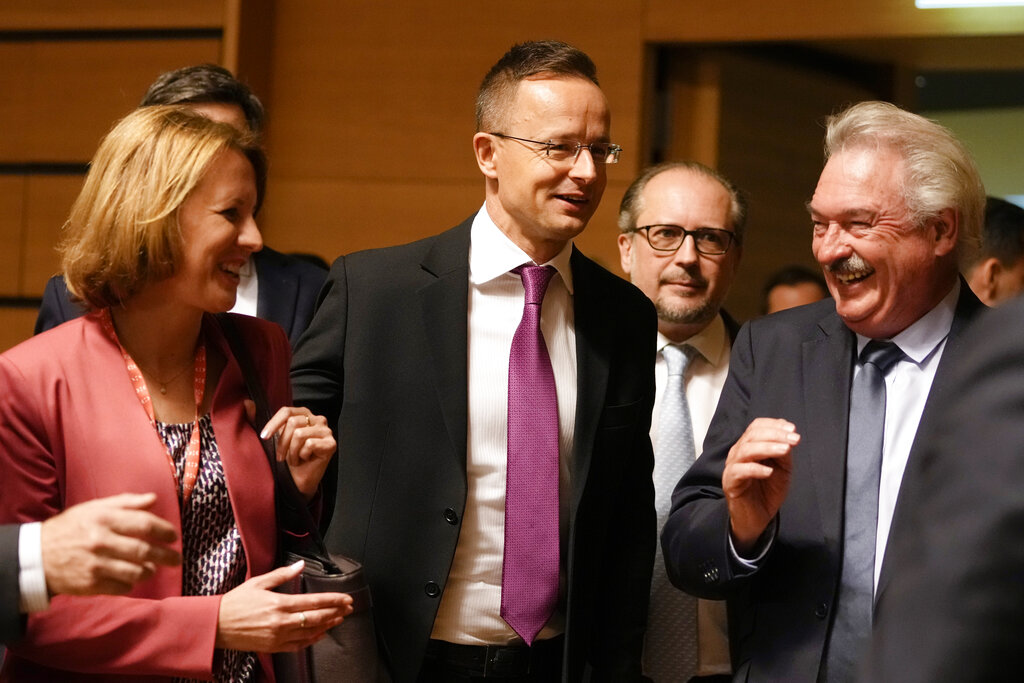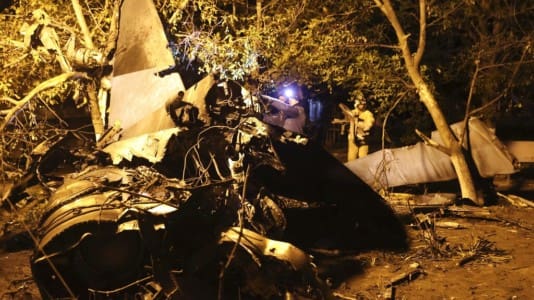Out of all EU member states, Hungary alone stayed out of a training program for the Ukrainian military approved by the bloc on Monday. The program calls for the training of 15,000 Ukrainian military personnel at member states’ own bases.
“This abstention is allowed by Community law, so Hungary has not prevented the mission, but it will not participate in it and will not contribute to the costs of its operation,” Minister of Foreign Affairs and Trade Péter Szijjártó told news agency MTI during a break in the meeting of the EU foreign ministers.
“We do not think it is a good idea to do anything that leads to escalation, which could lead to the risk of the central or western half of Europe being drawn into the conflict,” he added.
The minister criticized that the word “peace” had not been used in any of the speeches by any of the participants except himself, and described the atmosphere of the meeting as “rather belligerent.”
[pp id=49846]
“The escalation of the recent period has increased the need for more people to talk about peace and for the peace approach to prevail instead of the approach of escalation,” he said.
He stressed that as a neighboring state, Hungary’s position is that a ceasefire and peace talks are needed as soon as possible, and for this to happen, communication channels must be maintained, without which even the hope of a diplomatic settlement will be lost.
“Our first duty and task is to ensure the security of Hungary and the Hungarian people, and to avoid getting involved in the war,” he said.
He also said that Hungary would decide on a case-by-case basis whether to allow any supplies or troop movements related to a mission to pass through the country.
Szijjártó also announced that for the sixth time, the European Peace Facility would provide a further €500 million from its funds to at least partially finance arms deliveries to Ukraine.
[pp id=49064]
“Hungary has now contributed to this funding, but I have indicated that I cannot guarantee that this will be the case next time,” he said.
He stressed that the fund where the money comes from also includes financial allocations for several other important purposes needed to address challenges at the southern border of Hungary and Europe’s external border, and that the continent could be in big trouble if money is not forthcoming for these important policy areas.
“Not to mention that this is a common EU resource. Hungary contributes tens of millions of euros to the European Peace Facility, and yet we hear from Brussels and from the leaders of some member states that Hungary is not doing enough to help Ukraine,” he said.






